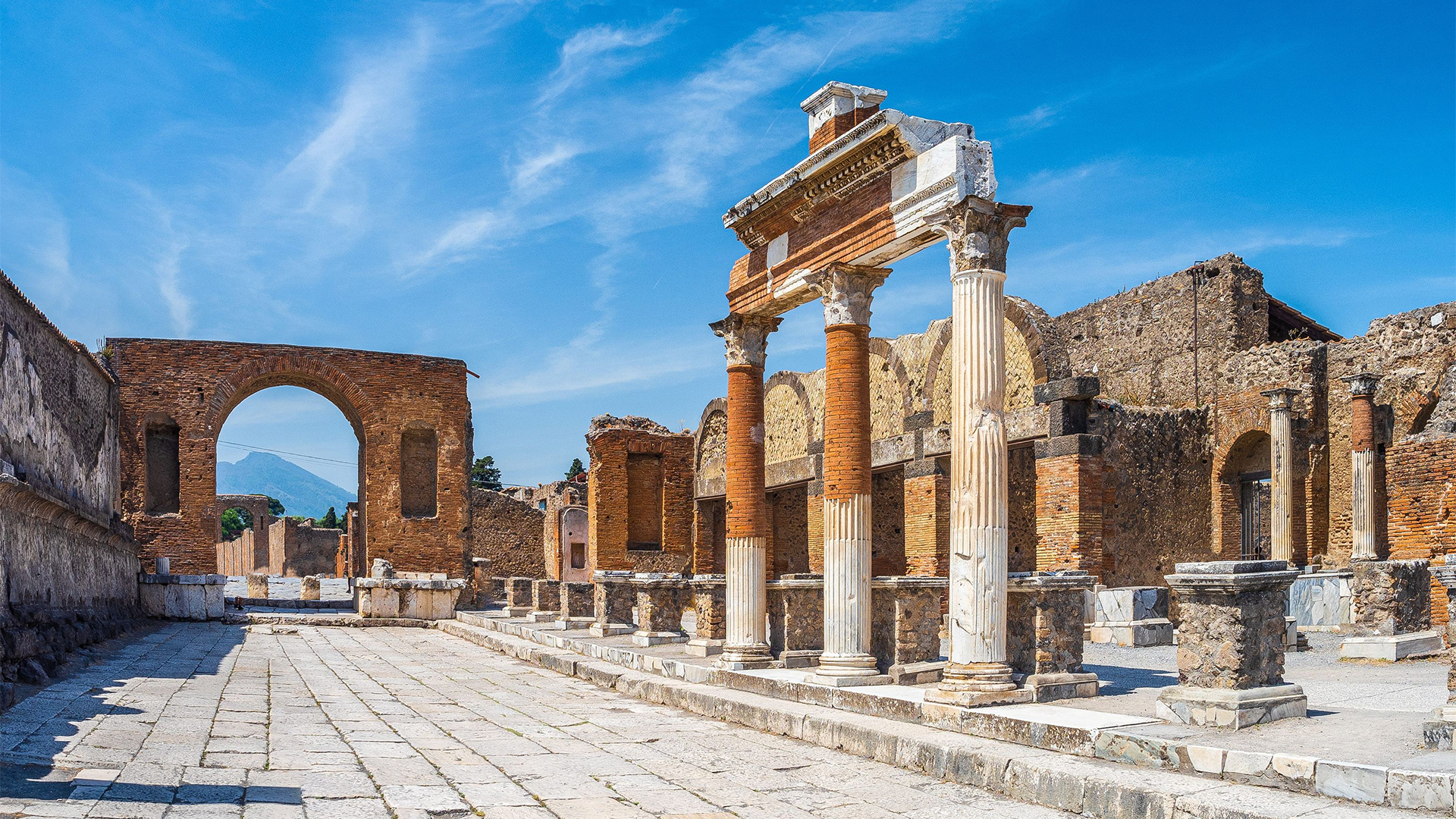From Past To Future
It shouldn't surprise anyone to live in an age where those who don't learn from history perish. Because those who do not learn from history will not have an age, history will repeat itself. Wars are not the only way to learn from history. It is necessary to learn from every trace of history. Archeology is one of the most important and effective sciences of learning and taking lessons from every moment of history.
.jpg)
Archeology is a branch of science that studies and examines cultures unearthed by archaeological methods, using many disciplines such as sociology, geography, history and ethnology. Although it is incorrectly translated into Turkish as "kazibilim", excavation is only one of the archaeological research methods. Archeology mainly studies the cultural history of humanity, the change of cultures and their relations with each other.
The history of archeology as a science is not very old. The first large-scale excavations were made in the ancient cities of Pompeii and Herculaneum, which were buried under the lava and ashes of Mount Vesuvius, which erupted in 79 in the 18th century. The discovery of these cities also provided access to new information about the Ancient Roman cities. In the same century, the English archaeologist John Frere found the bones of some extinct animals together with stone tools. Frere showed that the humans who made these devices and the extinct animals lived at the same time; but no one wanted to believe that there could be people who lived on earth tens of thousands of years ago. Later, this information was also confirmed by scientists. The deciphering of the hieroglyph, the ancient Egyptian script, by archaeologists and writing experts in 1822 was a turning point for archaeology. In the Rosetta Stone, which played a key role in deciphering the hieroglyph, the same words were repeated both in hieroglyphics and in Ancient Greek script and another type of Egyptian script. This development led many archaeologists to take an interest in Egypt. With the excavations, new information about life in Ancient Egypt was obtained. The Rosetta Stone, one of the most important discoveries of archeology, is currently exhibited in the British Museum in London.
.jpg)
If you say why we talked about archeology, let's explain the reason right away. Throughout history, archeology has studied the behavior of humans during pandemics. In the Covid-19 pandemic, many masks, gowns and similar disposable plastics were used and thrown into nature by humans, just like in other pandemics in history, and archeology says that man is the only culprit.
Co-author Dr., of the University of the Sunshine Coast (Australia). Upon Kathy Townsend's discovery of a discarded face mask in the stomach of a dead Green sea turtle off the Queensland coast of Australia, Professor John Schofield of the Department of Archeology at the University of York said: "As archaeologists, we have to address this issue both in general and here, in this particular case, of human actions. "Someone put this face mask on and then threw it away."
According to Joanna Vince, senior lecturer in politics and international relations at the University of Tasmania: "Archaeologists need to be more involved in public debates on plastic pollution to further inform policy decisions. The first step is for archaeologists to increase collaboration with policy experts, government with decision makers and industry."
It is up to us to learn from history or not. It is up to us to perish or not perish.



